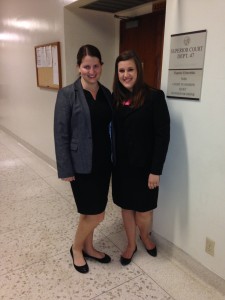Possible Solutions to America’s Gun Problem
 The first step in solving any problem is admitting that a problem exists. America has a gun problem. Guns are all too easy for those with ill intent to obtain. So why worry about gun control and not knife control? Guns allow murderers to exponentially increase fatalities. Compare, if you will, the knife attack in China in which six terrorists killed 29 people and wounded 130 others with the Virginia Tech shooting, in which a single shooter killed 32 people and wounded 20 others. Anecdote aside, one only need to intuit that guns possess extraordinary risks uncommon to other weapons. We need to acknowledge the risks that guns possess.
The first step in solving any problem is admitting that a problem exists. America has a gun problem. Guns are all too easy for those with ill intent to obtain. So why worry about gun control and not knife control? Guns allow murderers to exponentially increase fatalities. Compare, if you will, the knife attack in China in which six terrorists killed 29 people and wounded 130 others with the Virginia Tech shooting, in which a single shooter killed 32 people and wounded 20 others. Anecdote aside, one only need to intuit that guns possess extraordinary risks uncommon to other weapons. We need to acknowledge the risks that guns possess.
America averages one mass shooting a day. Clearly something needs to be done, and we must do it without delay. Several observers have suggested ways in which gun violence could be reduced, both from within and outside of the legal system.
Milwaukee Police Chief Ed Flynn has repeatedly called for illegal gun possession to be a felony under Wisconsin law . It is currently a misdemeanor, no matter how often an individual has perpetrated the crime. This means that when police catch someone with a gun who should not have it, all they can do is take it away, slap that person with a fine, and let them go. This is not a sufficient deterrence for people who should not have guns and does not do enough to keep them from possessing guns.

